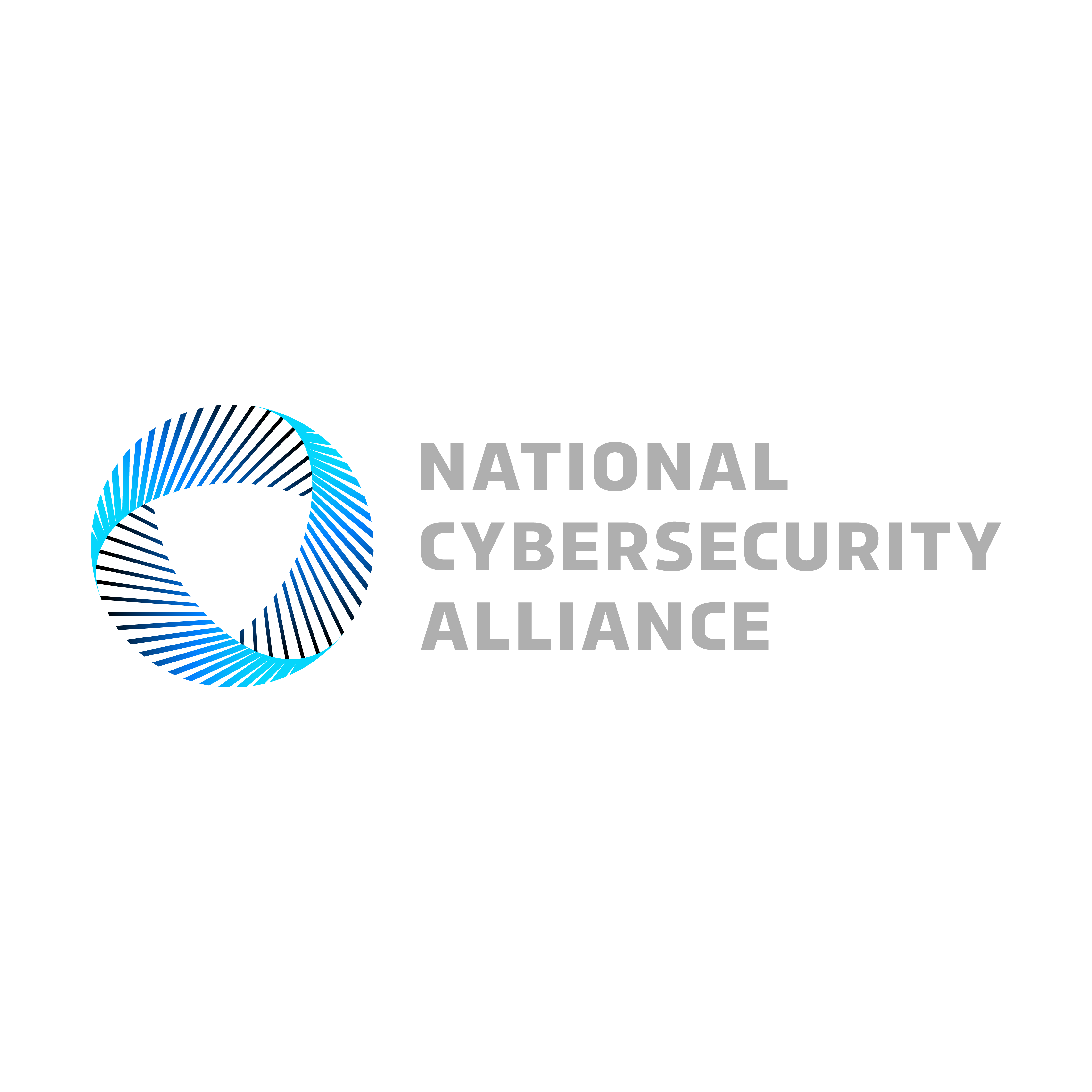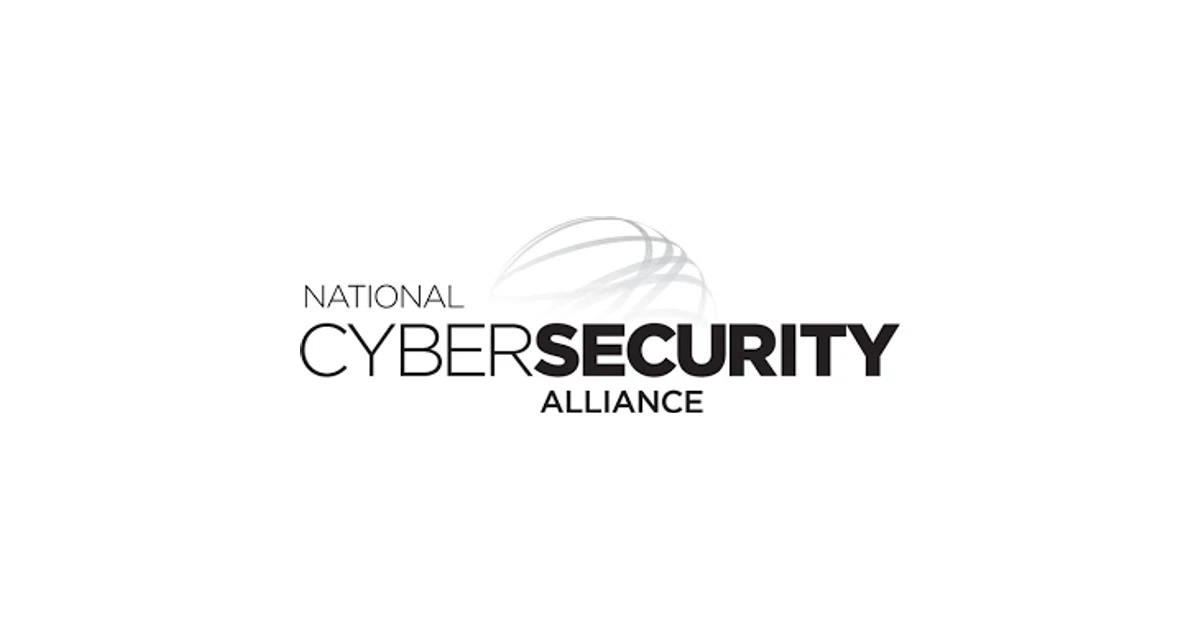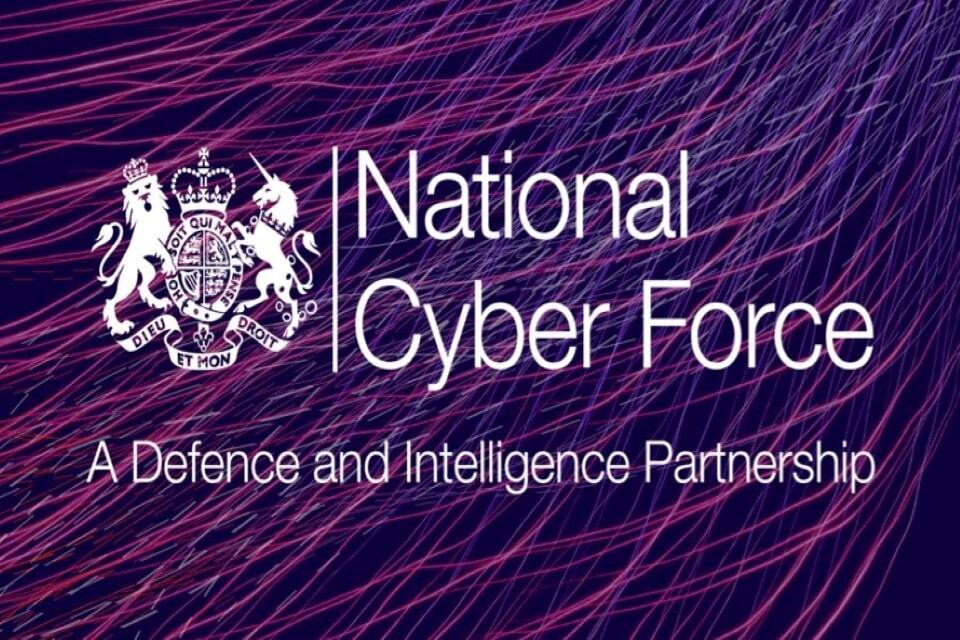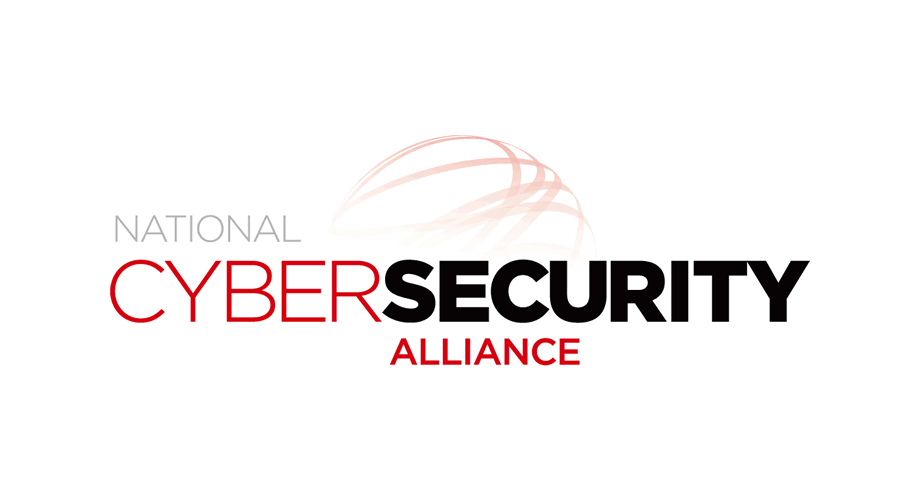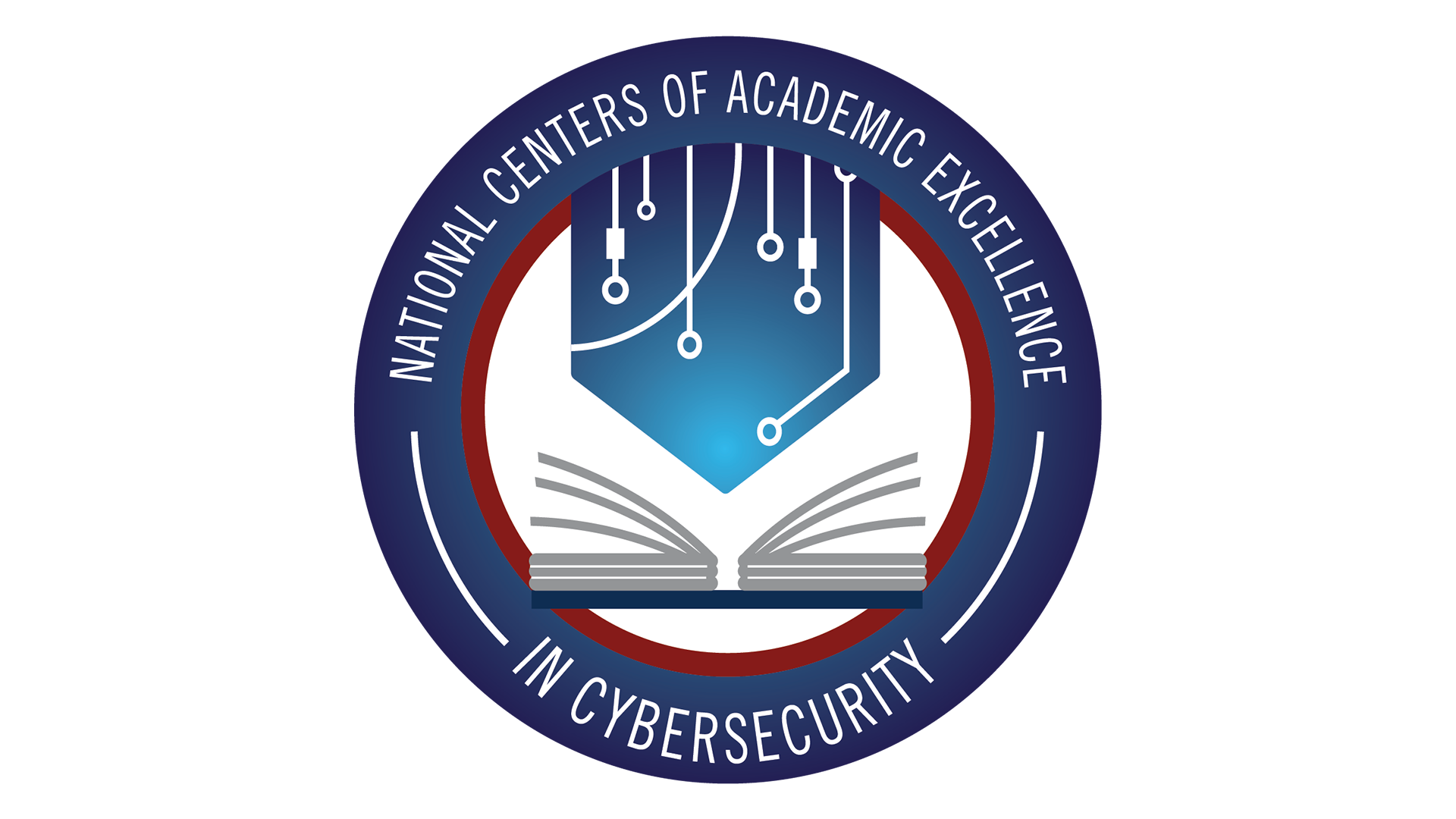National Cyber Forensics & Training Alliance

Cybercrime is surging, and a critical national alliance is stepping up its efforts to combat the escalating threat. The National Cyber Forensics & Training Alliance (NCFTA) is intensifying its collaborative approach to disrupt cybercriminals and enhance cybersecurity defenses across the United States.
The NCFTA, a unique non-profit organization, bridges the gap between law enforcement, private industry, and academia. Its mission is to identify, mitigate, and ultimately neutralize cybercrime threats through information sharing, coordinated investigations, and advanced training programs. The alliance's intensified focus comes as ransomware attacks, data breaches, and other malicious cyber activities reach unprecedented levels, impacting businesses and individuals alike.
NCFTA's Core Mission
The NCFTA's core function lies in facilitating a trusted environment for collaboration. This environment allows members to share threat intelligence, forensic data, and best practices without compromising sensitive information. This collaborative ecosystem enables the early detection and disruption of cyber threats before they can inflict significant damage.
The NCFTA focuses on several key areas, including malware analysis, vulnerability research, and dark web investigations. Its work directly supports law enforcement agencies in identifying and prosecuting cybercriminals, while also providing valuable insights to businesses to bolster their defenses.
Established in 2002, the NCFTA operates from its headquarters in Pittsburgh, Pennsylvania. It serves as a central hub for coordinating cybercrime investigations and providing specialized training programs to law enforcement officers and cybersecurity professionals. The alliance's expansion reflects the growing recognition of its crucial role in protecting national security and economic interests.
Partnerships and Collaborations
The NCFTA's strength lies in its diverse membership base. Partners include major technology companies, financial institutions, and government agencies. These collaborations are crucial for pooling resources, expertise, and intelligence to effectively combat sophisticated cyber threats.
Key partners include the Federal Bureau of Investigation (FBI), the Department of Homeland Security (DHS), and numerous Fortune 500 companies. This collaborative network allows the NCFTA to rapidly disseminate threat information and coordinate responses to emerging cyberattacks.
The alliance actively engages with academic institutions to foster research and development in cybersecurity. These partnerships help to develop cutting-edge forensic tools and techniques to stay ahead of evolving cyber threats. The NCFTA also supports educational programs to cultivate a skilled cybersecurity workforce.
Training and Capacity Building
A critical component of the NCFTA's mission is to enhance the skills and capabilities of law enforcement and cybersecurity professionals. The alliance offers a range of specialized training programs focused on cyber forensics, incident response, and threat intelligence analysis.
These training programs equip professionals with the knowledge and skills necessary to effectively investigate and prosecute cybercrime. The NCFTA's training initiatives are designed to address the growing shortage of qualified cybersecurity personnel across the United States.
The NCFTA collaborates with leading cybersecurity experts to develop and deliver its training programs. This ensures that participants receive the most up-to-date and relevant information on emerging cyber threats and best practices. The training programs are constantly updated to reflect the evolving threat landscape.
Recent Initiatives and Successes
The NCFTA has been instrumental in several high-profile cybercrime investigations. Its efforts have led to the identification and arrest of numerous cybercriminals involved in ransomware attacks, data breaches, and other malicious activities. The alliance plays a critical role in disrupting criminal networks and recovering stolen assets.
The NCFTA is currently involved in a major initiative to combat the growing threat of ransomware. This initiative involves working with law enforcement agencies and private sector partners to identify and disrupt ransomware operators. The alliance is also providing guidance to organizations on how to prevent and respond to ransomware attacks.
The NCFTA continues to develop new tools and techniques to detect and analyze malware. These tools are used by law enforcement agencies and private sector partners to identify and disrupt malicious software campaigns. The alliance's malware analysis capabilities are crucial for understanding the tactics and techniques used by cybercriminals.
Challenges and Future Directions
The NCFTA faces ongoing challenges in its fight against cybercrime. The sophistication of cyberattacks continues to increase, requiring constant adaptation and innovation. The alliance is committed to expanding its partnerships and enhancing its capabilities to meet these challenges.
One of the key priorities for the NCFTA is to improve the sharing of threat intelligence among its members. The alliance is working to develop secure platforms and protocols to facilitate the rapid exchange of information. This will enable organizations to respond more quickly and effectively to emerging cyber threats.
The NCFTA is also focused on expanding its training programs to reach a wider audience. The alliance plans to offer online training courses and workshops to provide cybersecurity professionals with the skills they need to stay ahead of evolving threats. The NCFTA strives to be at the forefront of cyber security and defense.
Looking ahead, the NCFTA will continue to play a vital role in the fight against cybercrime. By fostering collaboration, sharing intelligence, and providing training, the alliance helps protect critical infrastructure, businesses, and individuals from the growing threat of cyberattacks. The NCFTA will continue monitoring cyber threats and improving defense and mitigation tactics.
